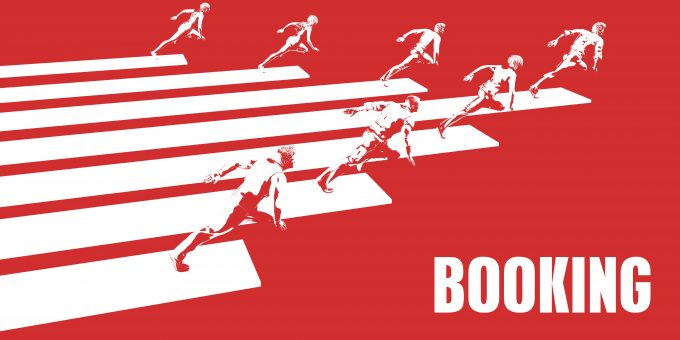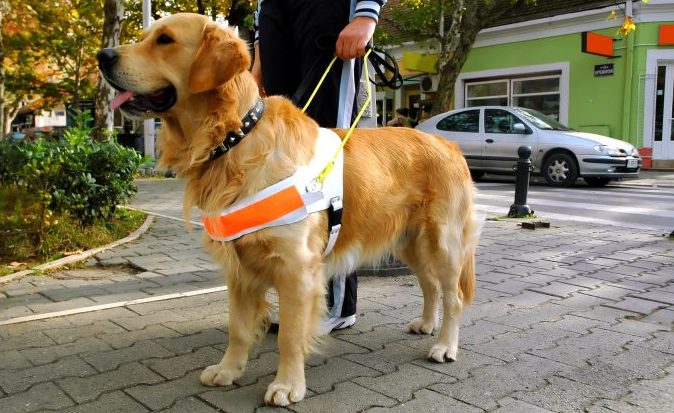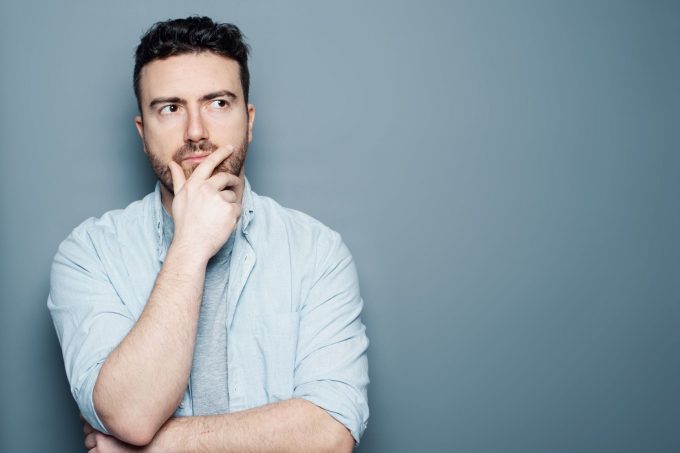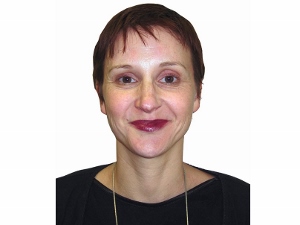
Winning the race for online bookings comes down to customer experience
Online bookings for hotels have exploded over the past five years in part due to the growth in smart devices, as well as a general increase in the number of online transactions. This growth has also been facilitated by the rise in popularity of comparison and aggregator sites, making the space intensely competitive.
Studies suggest this growth is set to continue. According to IBIS World, over the next five years the Australian online accommodation and travel sector will grow around 18 percent year on year, with industry revenues reaching $1 billion. It means hotel brands wanting to secure a slice of this projected growth will need to invest in their digital presence and online booking platforms to remain competitive.
Customers have much greater choice and control on how they find the best price, location and value, making the customer journey non-linear and at times complex. They are also more likely to bypass your hotel website entirely and make their bookings using comparison sites.
For the customer, these comparison sites offer ease of use, fast booking as well as a way to save money. Essentially they are offering a compelling customer experience that can be difficult to compete with.
Now more than ever hotel brands need to be considering the customer experience they are offering their potential customers.
Use data to improve the online experience
The first step is to analyse how potential customers navigate your website and where the exit points are. Improving the online experience is a balance between providing the right content in the least amount of clicks – you want to make the experience simple and uncomplicated for your prospects.
If you have too much information spread over multiple pages, or you don’t provide the information they want, you will start to compromise your conversion rate. One way to combat this is to personalise your website’s content, offers or experience based on the data you collect about your customers. Consider how you personalise the package and offer based on their existing customer profile, or user clicks.
It’s not all about your website
The customer booking journey is often non-linear and will involve multiple channels, such as social media, search engines, email and websites. Just like in other industries, online sales conversions are directly impacted by relevant and timely communications in other channels. For example, a well-timed social media post or email offer can boost online bookings.
[pro_ad_display_adzone id=”15046″ align=”left” padding=”4″]Regardless of the channel, your goal is to make the online brand experience feel consistent and unified. This requires more than simply using the same message and images across the different channels and instead leveraging data to deliver a series of personalised customer journeys. For instance, serve coordinated communications in social, email and online to drive initial website traffic, combined with retargeting messages via social and email with relevant content to follow up on a prospect’s visit to your site.
The booking is part of the journey, not the end
Effective post-booking communications can greatly enhance the overall customer experience, leading to an increased likelihood of repeat bookings or referrals. For example, once a booking has been made, send an email with a link to download the hotel app. You can then deliver timely push notifications before, during and after the stay.
These post-booking communications can also open the door to additional revenue, such as restaurant bookings or spa treatments, without coming across as being pushy. It’s all about enhancing their experience by being relevant.
There’s no doubt the hotel booking space is fiercely competitive and ever evolving, thanks to changing customer expectations and behaviours. But by investing in continuously improving customer experience and delivering personalised communications and multi-channel experiences, hotels can stand a better chance of winning the online booking race.
Joel is the CEO of Kalido. His skillset includes customer loyalty, high-level data analytics, customer segmentation and trigger-based lifecycle marketing.







